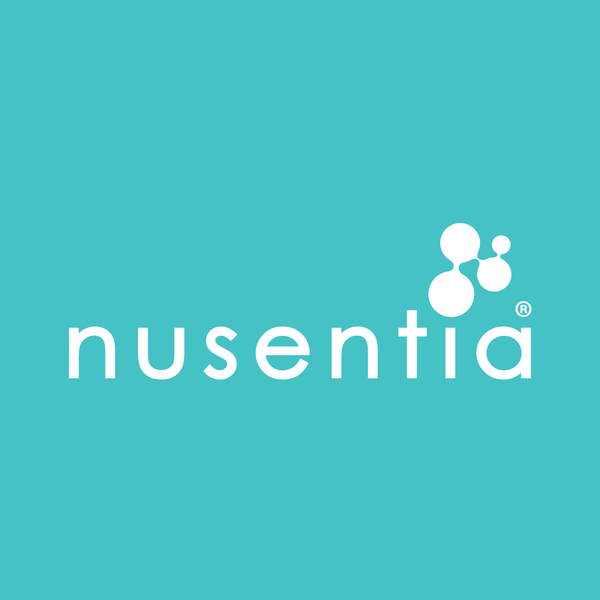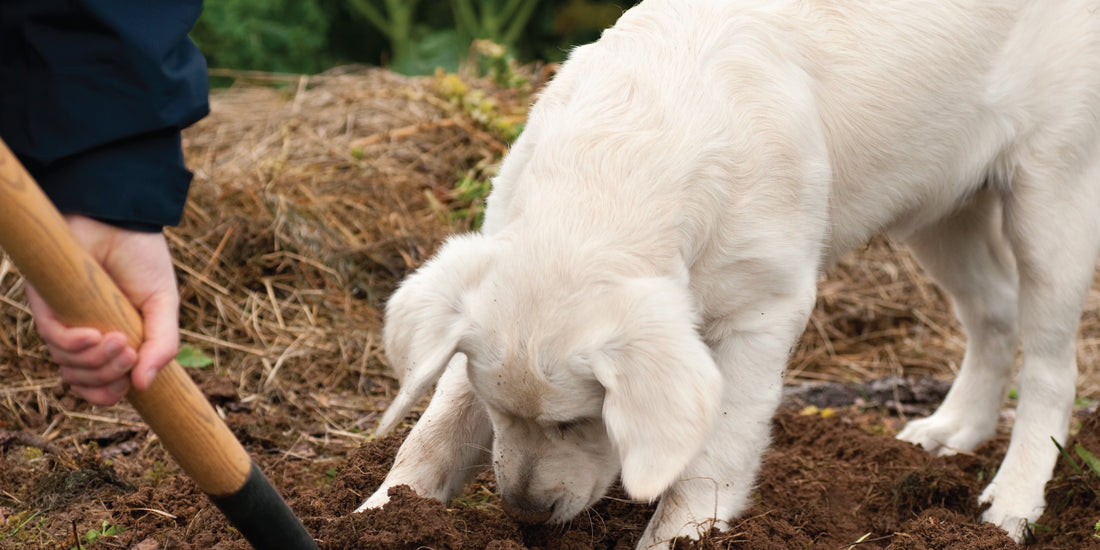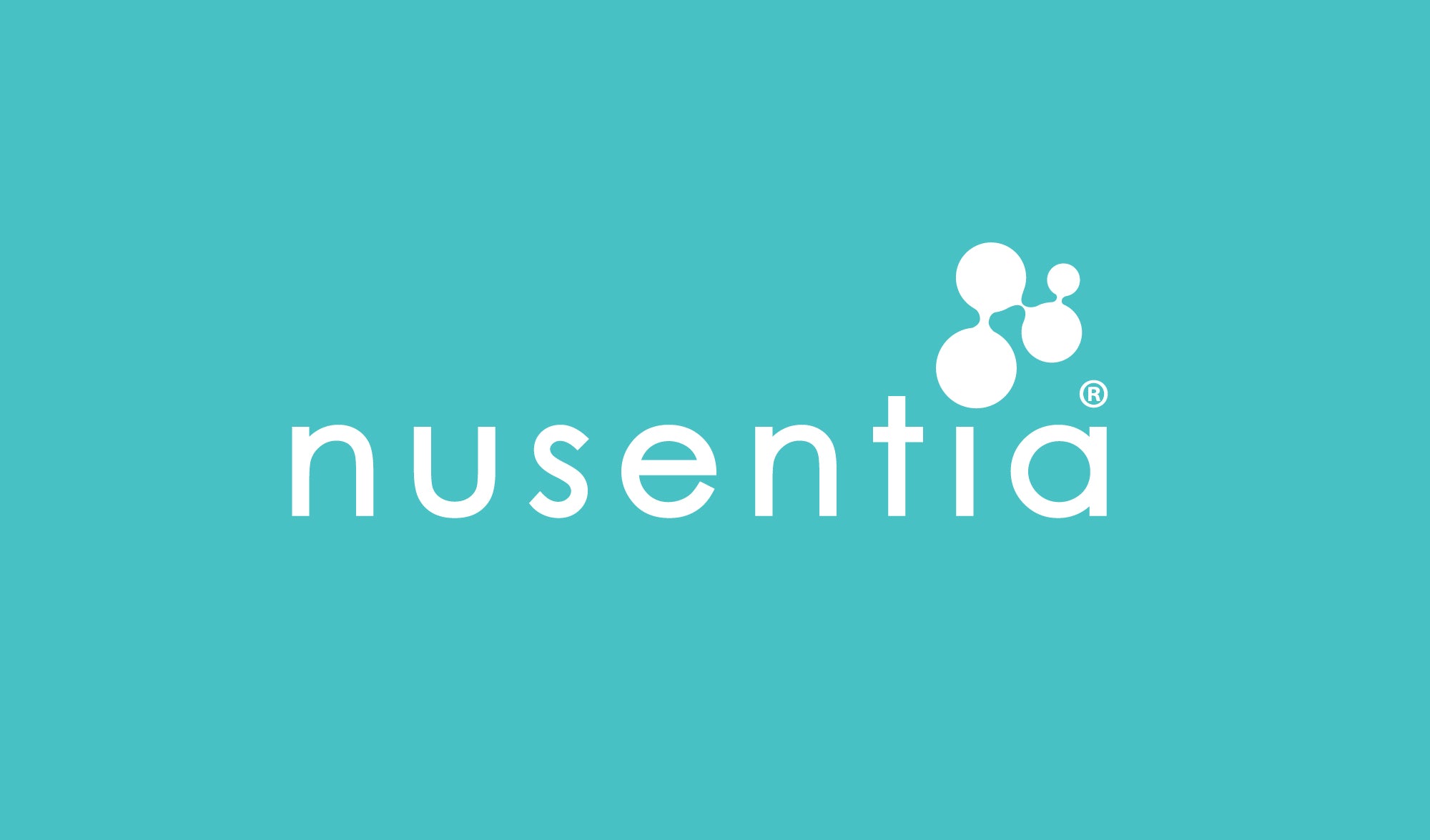Sometimes our dogs engage in behaviors that range from puzzling to downright unpalatable. Many pet parents have encountered their furry friends eating something out of the ordinary, like stools or grass. You might wonder, should you be concerned and what actions should you take?
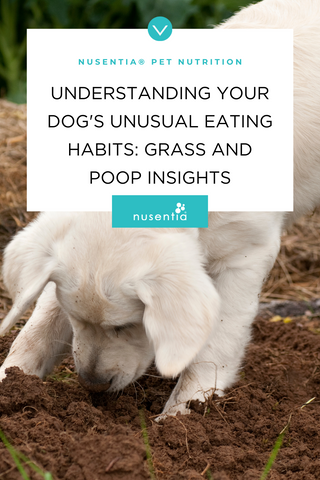
Why Does My Dog Eat Feces (Stool Eating)?
Dogs sometimes eat their own feces or that of other animals, a behavior commonly referred to as stool eating. The exact reasons are still under debate, with theories ranging from vitamin deficiency to anxiety. While it's somewhat common, stool eating can pose health risks, including the risk of parasites or, in older feces, roundworms and whipworms.
Suggestions to Address the Problem:
- Clean Up Immediately: Ensure that all feces, including those in accessible cat boxes, are promptly cleaned up.
- Regular Feeding Schedule: Divide their food into two meals per day to prevent hunger.
- Nutritional Supplements: Your dog might be trying to fulfill a nutritional need. Supplementing their diet with Array Chews and Enzyme Miracle® can help ensure they receive all the necessary nutrients and support digestive health, potentially resolving the issue.
- Provide Ample Space: Dogs may eat feces to keep their area clean in confined spaces.
- Reduce Anxiety: Spend quality time with your pet to help lessen their anxiety.
Why Does My Dog Eat Grass?
Grass eating in dogs is fairly common, but the exact reasons remain unclear. It may be a sign they're lacking nutrients, feeling sick, hungry, or simply enjoy the taste. While dogs may vomit after eating grass, this is generally seen as incidental and not directly caused by the grass itself.
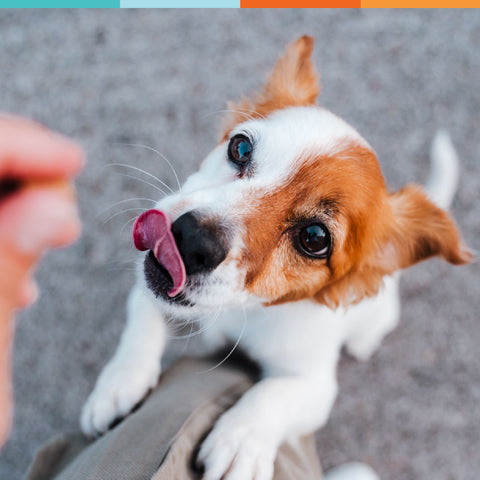
Suggestions:
- Nutritional Support: Similar to stool eating, grass consumption may indicate a need for nutritional supplementation. Consider Array Chews and Enzyme Miracle® to fulfill your pet's dietary requirements and aid in digestive health.
- Regular Meals: Splitting their daily food intake into two meals can help prevent hunger.
- Veterinary Check-Up: Frequent vomiting after grass eating warrants a vet visit to rule out any underlying issues.
Chewing on Non-Food Items
Dogs may chew on non-food items out of curiosity, boredom, or for attention. While often harmless, it's important to keep potentially dangerous items out of reach.
Preventative Measures:
- Restrict access to rooms with potential hazards.
- Maintain a tidy environment, removing tempting objects.
- Provide appropriate chew toys and treats.
- Engage in regular activities to keep them stimulated.
For natural, trusted pet health supplements with proven formulas to improve your furry friend's overall health, visit Nusentia, a brand trusted by veterinarians and pet parents alike since 2008.
